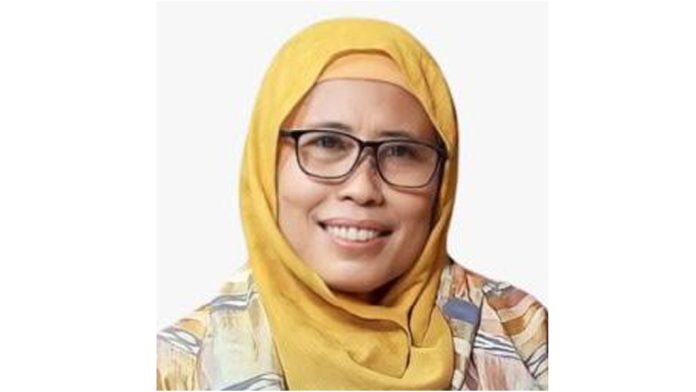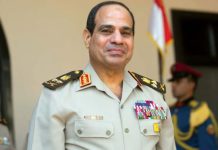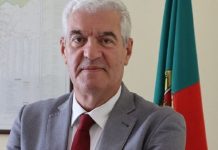DNA
ISLAMABAD: The online internship program jointly organized by the Indonesia Embassy and the Bahria University, Islamabad held its Session-14 on September 5, 2023. Dr. Chusnul Mar’iyah from the Center for Election and Political Parties, Political and Social Sciences of University of Indonesia was the speaker on the occasion to share her insight with the participants of the OIP on the topic of Islam & Democracy in Indonesia.
In her presentation, Dr. Chusnul Mar’iyah discussed the evolution of democracy in Indonesia, highlighting the country’s progress in establishing and consolidating democracy through political reforms. She also enlightened the participants that despite divergent views on Islam and state relations, a national consensus based on Pancasila ideology reflects the nation’s diverse culture and commitment to democratic values. She added that Indonesian democracy is a dynamic and evolving system that continues to adapt and grow.
Dr. Chusnul Mar’iyah observed that Indonesian experience tells a whole different story contrary to the general perception that Islam and democracy rarely go together.
“Indonesia has proved that Islam, democracy and modernity can go hand in hand by respecting the diversity and people of other faiths” the speaker underlined.
She said that adhering to democratic norms and spirit of unity in diversity, Indonesia as the largest Muslim nation and world’s third largest democracy has continuously been regarded as a progressive democratic country among the Muslim world that practices and promotes a moderate Islam.
“Moderation, tolerance and pluralism are the core values, recognized and practiced by the Indonesian majority under the state ideology of Pancasila” the speaker explained.
She informed the participants that Pancasila, the philosophical basis of the Indonesian State, focuses on the Five Principles: Belief in the One True God, Just Humanity, Indonesian Unity, Representative Democracy, and Social Justice.
The speaker stated that Indonesia is characterized by a diverse population and a vibrant political landscape with multiple parties representing diverse voices. She added that regular elections including presidential ones have seen peaceful power transfers with citizens actively participating in the democratic process and exercising their right to vote and express opinions freely.
“Despite challenges, Indonesia has made significant progress in its democratic journey with ongoing efforts to strengthen institutions, promote accountability, and promote inclusivity” the speaker elaborated.
Dr. Chusnul Mar’iyah specifically mentioned the role of the country’s robust civil society that plays a crucial part in shaping the country’s political landscape and said that the government of Indonesia in collaboration with civil society continue to collaborate to ensure transparent and fair elections, uphold democratic values, strengthen democratic institutions, safeguard human rights and promote social justice, inclusivity and accountability. The active participation of civil society organizations in the democratic process is a testament to the nation’s commitment to democratic values, she added.
The speaker emphasized that voters should favor candidates with integrity, knowledge, competence and honesty about their intentions to serve their country rather than foreign interests.
She asserted that democracy is a diverse and dynamic idea and both Indonesia and Pakistan being multiethnic society can gain from each other’s democratic practices and various approaches to democratic governance. She emphasized the importance of fostering relationships between academia, civil society, and legislators of the two countries stating that exchange of best practices and ideas on the challenges and achievements of maintaining a democratic system can enhance democratic institutions’ performance and advance democratic values.

















